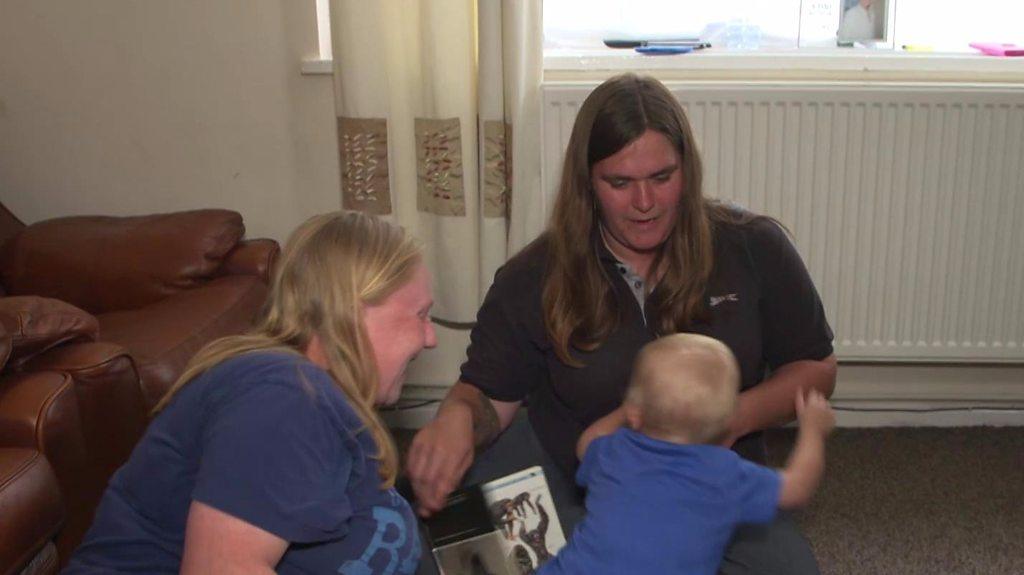Woman turns to Facebook to find a sperm donor
- Published
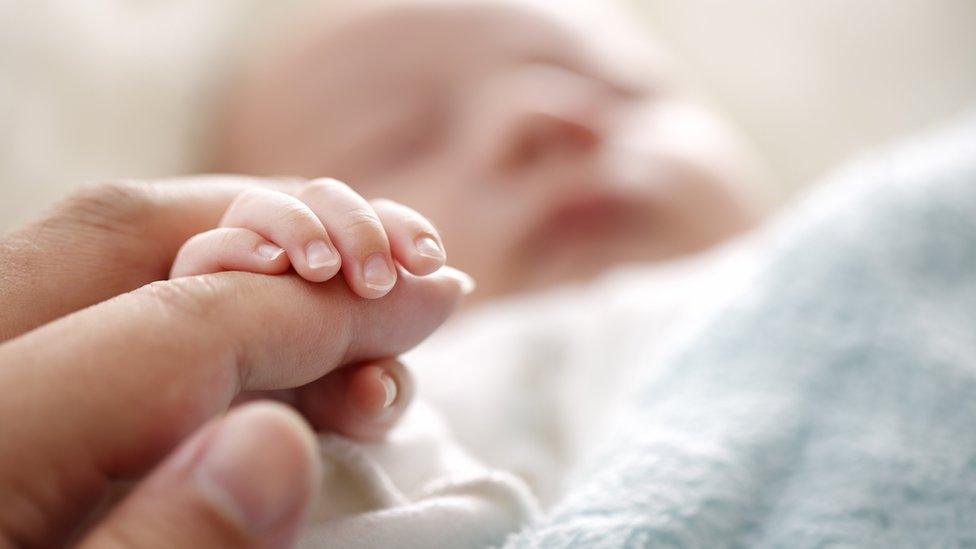
Sophie wanted to avoid the NHS waiting list so searched social media for volunteer sperm donors
Sophie wants a baby via a sperm donor but there is a six-month referral time target for NHS treatment. In a bid to speed up the process, she has taken to social media and found a Facebook group where men offer their sperm for free.
So far she has used the sperm of one donor she met online.
She is unfazed about the risks involved with using unregulated sperm donation in order to achieve her dream of becoming pregnant.
Sophie (not her real name) is single, in her 20s and already has one child from a previous relationship but she wants to raise her family alone. She is desperate for a sibling for her child but after a messy break up with her child's father she wants to do it alone.
"I didn't really want to have anybody involved in my child's life - I had a bad experience before with my child," she said.
"I just wanted my own child, without having a father or another mother."
After exploring conventional NHS options and realising she faced a potential wait, she started looking for other ways of how she could have a baby without getting into a relationship.
She began searching groups on Facebook and found men who were offering sperm free of charge.
Sophie, who lives in Wales, describes the groups as "like a 'for sale' site in a way, because there's so many people trying to sell themselves."
One would-be sperm donor pressured Sophie for sex
After making contact with one man and chatting to him online, she insisted on him going for a sexual health check up before she went any further. The check up was clear and they arranged to meet.
But Sophie said she called the meeting off after the donor began pressuring her into having sex.
She persevered and met another man who got in touch with her through the group. He provided her with a sample which she inseminated herself.
It was unsuccessful so she is planning to try again.
"I don't think there's anything wrong with it - it's the same as going on a night out and having sex with someone you don't know really," she said.
"It's a lot safer because you've got forms to say that they're clean of STIs, so I think it's a lot better to be honest."
Intrauterine insemination (IUI), or artificial insemination, is offered on the NHS in Wales, and involves the sperm being "washed" to produce a concentrated, healthy sample, before it is inserted into the uterus.
Alice Matthews, the Wales Coordinator for Fertility Network UK, explained women can access IUI and IVF treatment on the NHS in Wales until their 43rd birthday, but can be blocked from access for being overweight or smoking.
There is a 26 week referral to treatment target.
She said Fertility Network UK would never recommend women use groups on Facebook or social media to find donors: "It is not ethical to just get sperm, because it's not been screened."
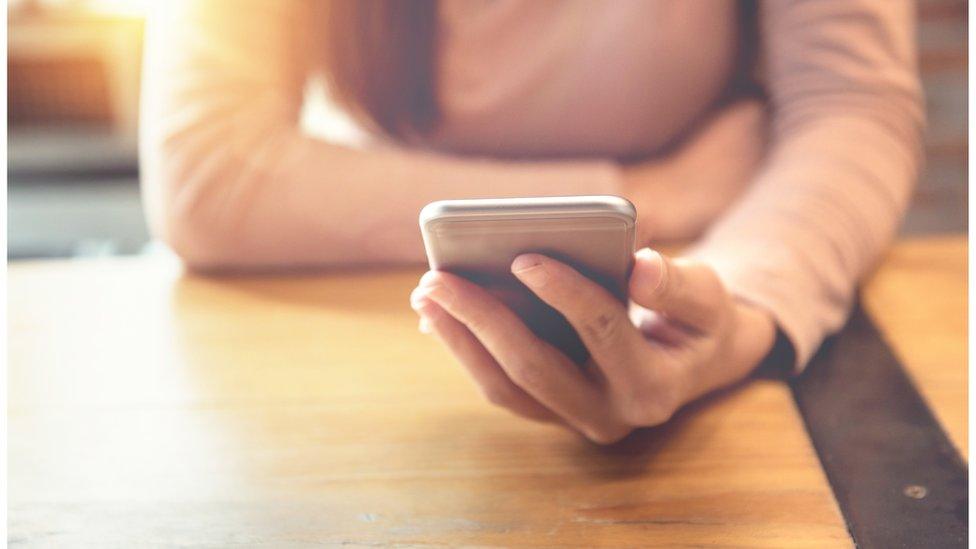
There is a target of 26 weeks to be seen for help for fertility issues on the NHS
Dr Peter Bowen-Simpkins, Executive Medical Director of the London Women's Clinic, said the groups were "dangerous and totally wrong" and describes two possible causes driving women to using Facebook groups - the expense of private clinics and the inability to see a picture of a potential donor.
He said he knew of people using donors in the United States because they can see a photograph of the donor, something he says is not allowed in the UK: "Being able to look at the person makes a big difference."
But John, not his real name, who runs a group for people living in Wales, has a different view. He said he has fathered eight donor children and is expecting three more.
"There are a solid group of guys out there who just want to help people and make dreams come true," he said.
"When that happens, the groups create a lot of joy and change people's lives for the better. I know my recipients are happy."
However, John accepts there can be pitfalls, such as participants who are only looking for sex: "There are the negative sides to the donating groups.
"A lot of the guys are just after sex. It can be a minefield at times."
Graham Miles, a specialist in fertility law, explained the legality behind the groups: "DIY insemination is not unlawful in itself... however, it is unlawful - and an offence - under the Human Fertilisation and Embryology Act 1990, as amended, to procure or distribute gametes - including sperm - intended for human application without a licence issued by the HFEA (Human Fertilisation and Embryology Authority).
"I could not express a view on whether the private arrangements referred to would be found to involve 'procurement' or 'distribution'. That would be the crucial consideration."
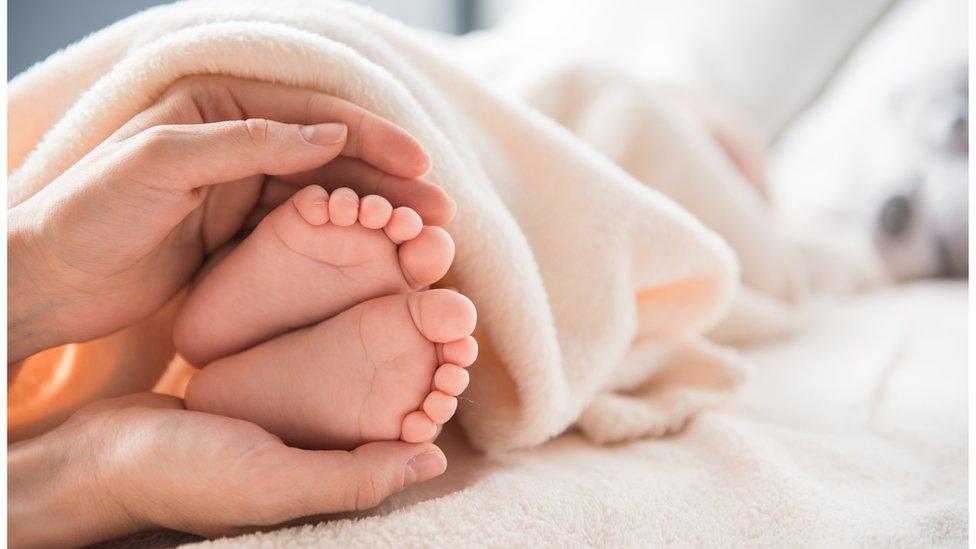
It is an offence to provide sperm for human application without a licence
One man on a Facebook group, who has been a donor before for a same-sex couple who he knew through friends, said there were certain groups that were for natural insemination only - meaning donors and recipients would have sex.
He said: "I think it's a bit wrong to go round and have sex with someone just for that purpose."
The donor - who has not helped anyone he has met on the social media site yet - said he was strict about who he would assist, because despite not wanting a role in the child's life, he feels a responsibility for the baby to be raised in a suitable home.
He added: "If I'm going to give a donation to someone I'd rather know that they'd been in a happy stable relationship for a while, that they are financially stable and stuff like that. I have a lot of morals behind it."
A Welsh Government spokesman said: "In Wales, there is a 26 week referral to treatment target for patients seeking fertility services. All three of Wales' commissioned providers are meeting this target.
"We would strongly recommend patients seeking fertility treatment consult a health professional and use regulated fertility clinics, where sperm and eggs are subject to rigorous quality checks and screening."
- Published24 September 2018
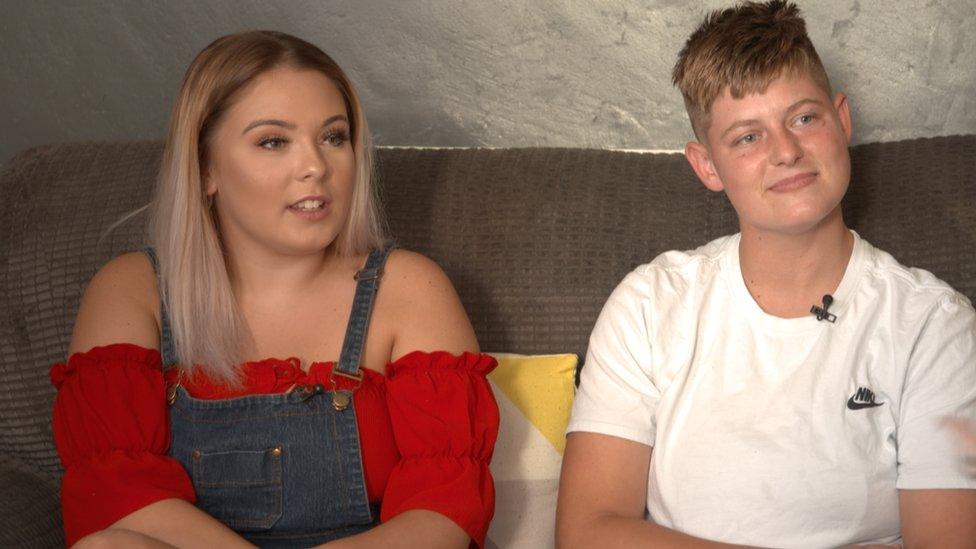
- Published10 September 2017
